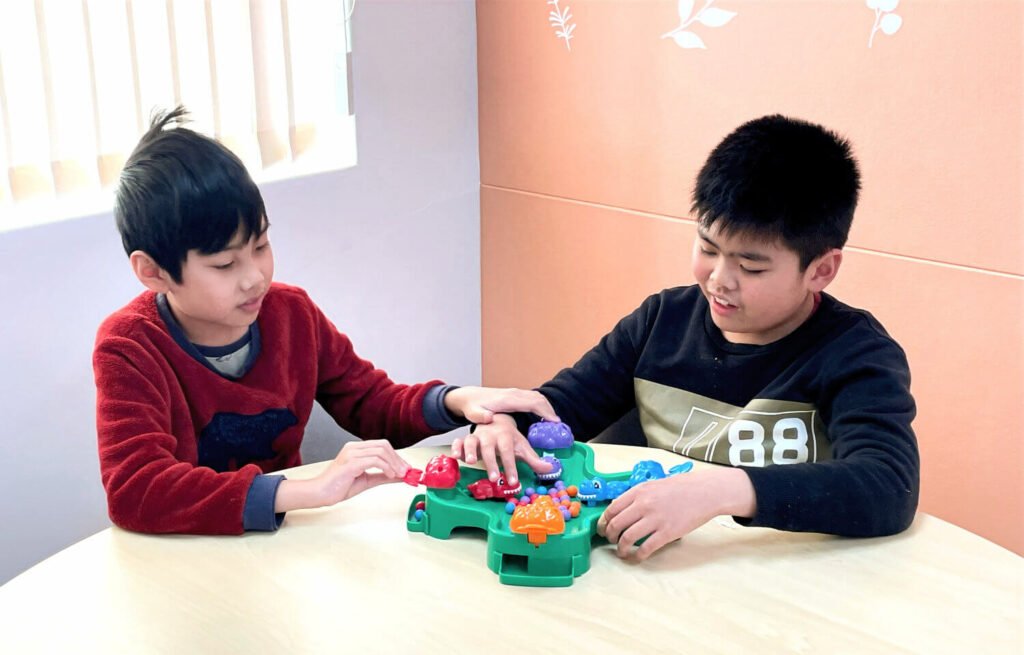
read
What is speech pathology?
Our Latest Articles

read
Feeding a toddler can be a wild ride, but can also be lots of fun as you witness them learn and understand about new tastes and textures. It’s important to consider that eating is a complex skill requiring all body systems so it takes some time to master eating and develop appropriate table manners. Here…

read
5 Ideas for Language Learning in Everyday Routines
As a working parent of young children, I know how difficult it can be to get all the daily tasks done, let alone have extra time to consider things like how to include language rich activities in your day. The good news is that there are many easy strategies that you can use within…

read
Reading with your Pre-schooler
Reading books with your child is such a wonderful way for them to learn language and concepts to help prepare them for school. However, sometimes it can be difficult to get them involved in reading, here are some tips that might help with making reading more appealing: These little additions can help reading to become…

read
Is Group Therapy Effective?
You might notice that we are doing lots of fun exciting new group programs here at Northside Speech Pathology. We are very excited that we can offer these fresh new programs. Here are some of the reasons why we love running groups: There are so many other things that we enjoy about our group programs,…
